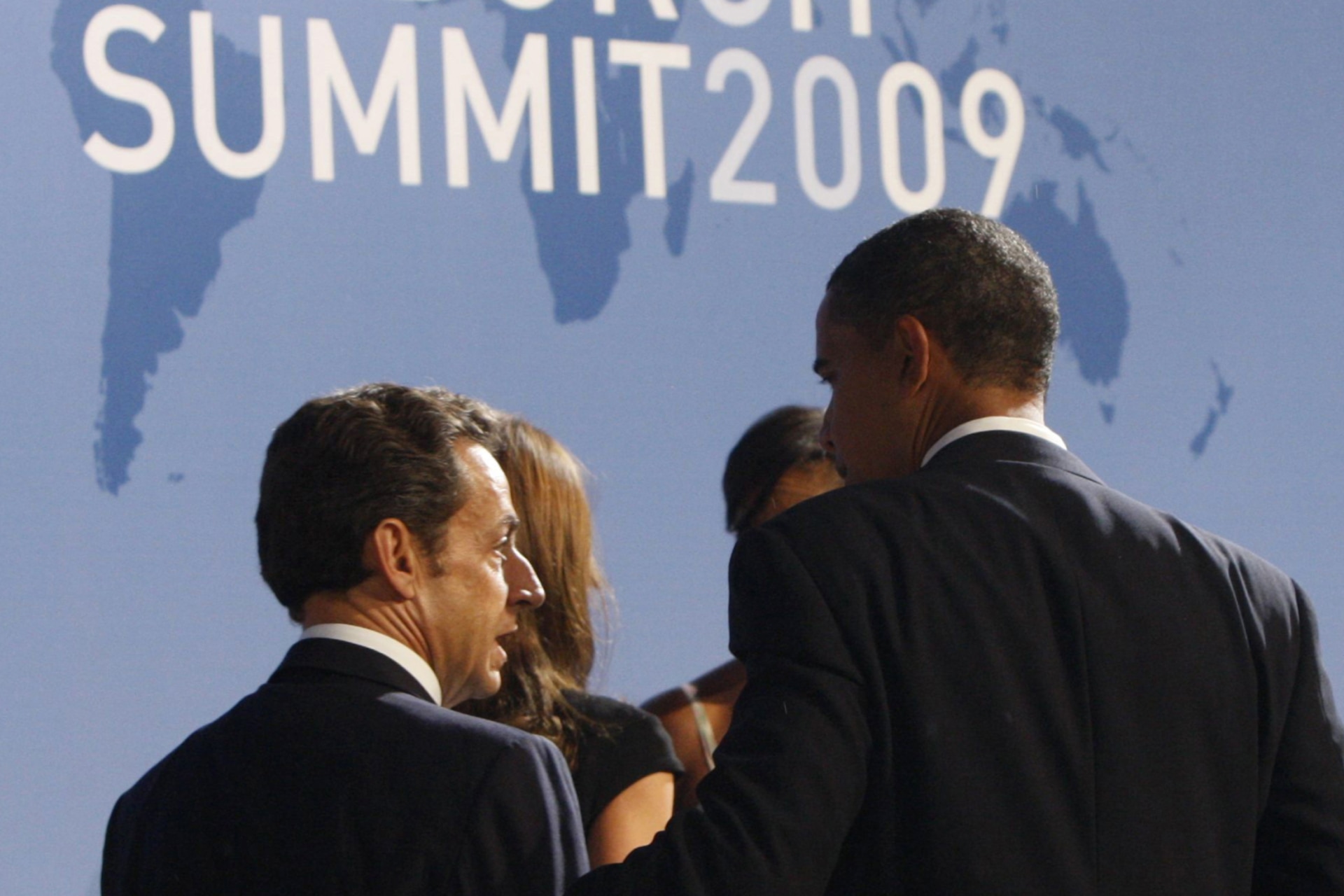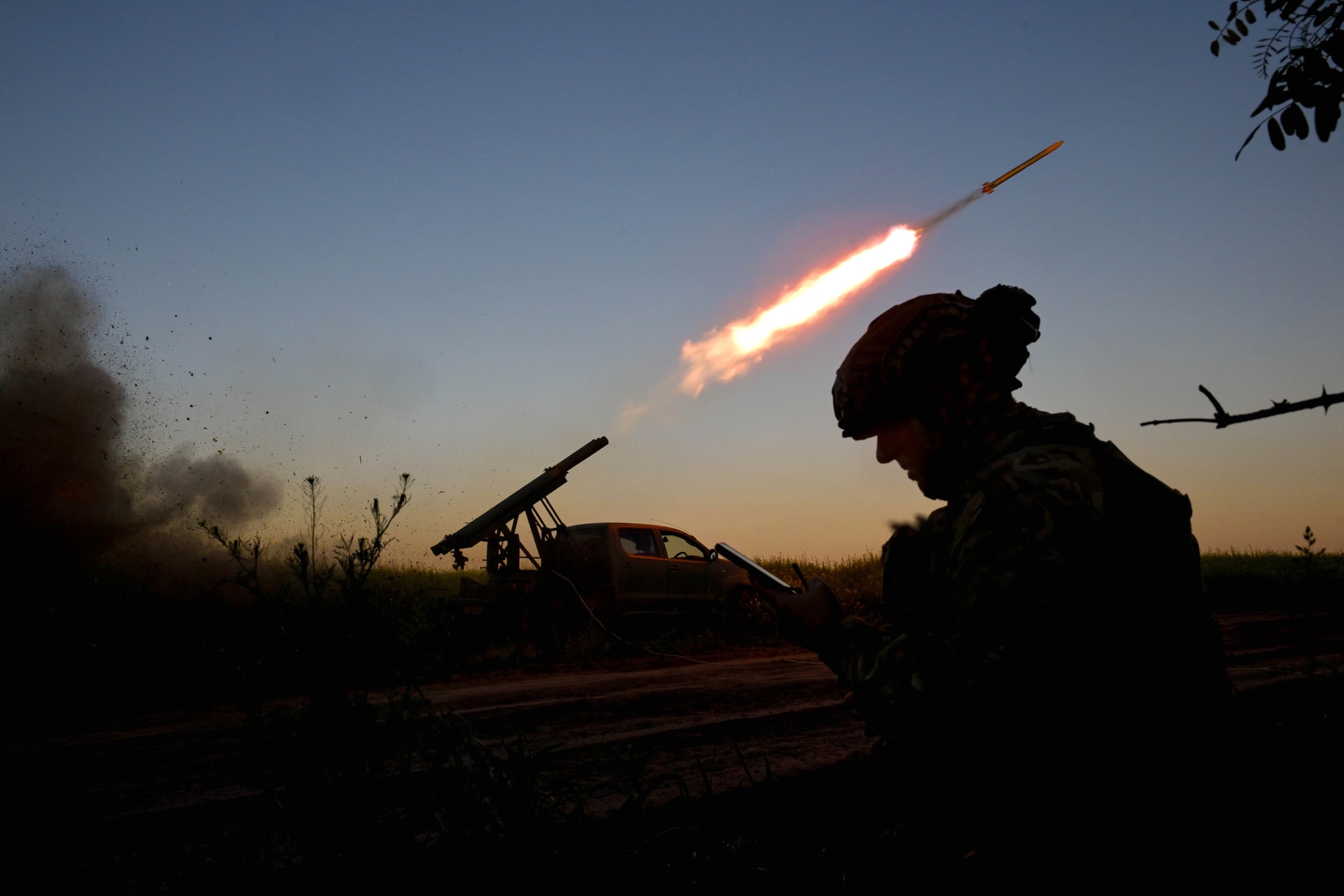The Irony of Global Economic Governance
The System Worked

BY
- Daniel W. DreznerProfessor of International Politics, The Fletcher School of Law and Diplomacy
Overview
The 2008 financial crisis posed the biggest challenge to the global economy since the Great Depression and provided a severe “stress test” for global economic governance. States rely on a bevy of institutions—the International Monetary Fund, World Trade Organization, and the Group of Twenty—to coordinate action on the global scale. Since the Great Recession began, there has been no shortage of scorn for the state of global economic governance among pundits and scholars. However, in this International Institutions and Global Governance program Working Paper, Daniel Drezner concludes that, despite initial shocks that were more severe than the 1929 financial crisis, the evidence suggests that these structures responded to the financial crisis robustly. Global trade and investment levels have recovered from the plunge that occurred in late 2008. Existing global governance structures, particularly in finance, have revamped themselves to accommodate shifts in the distribution of power. The World Economic Forum’s survey of global experts shows rising confidence in global governance and global cooperation. In short, international financial institutions passed the stress test.t





